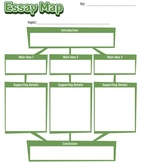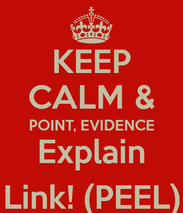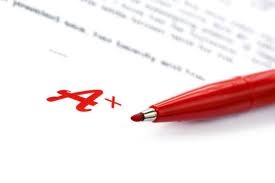Essay Writing
You will be required to answer 3 Essay questions in your exam. Each question requires A01 and A02
|
AO1
|
AO2
|
Interactive essay mappingThis resource helps you to map out your essay in advance. It breaks the process down into simple steps and provides a clear, visual overview. Essay maps can be printed, saved or shared once complete.
|
"Churchill provided effective leadership during the war. For example, he spoke eloquently to the British people, thus galvanising their spirits at a time of great difficulty."

Viewpoints:
In a court case two different arguments will be proposed in the face of a single set of evidence. Instances are frequent where both cases are persuasive and plausible. It can take much careful reasoning to come to a decision as to the verdict which ought to be given.
- Do not be too eager to put forward your own viewpoint, and miss the nuances inherent in the question.
Reasoning
We use reasons to persuade others that our claims are true. For example:
Children can write essays (claim/conclusion)
1) I have seen many children write essays.
2) I myself was once a child and wrote many essays at that time.
3) Cognitive psychology shows intelligence is not innate and that everyone has the capacity to learn.
Each of these is a reason supporting the claim (or conclusion). We could insert the word ‘because’ between them to further prove the case.
Critiquing arguments
Arguments are there to be critiqued. Most things can be rebutted. Little is irrefutable. An essay is more persuasive when taking account of this reality. Dogmatic browbeating wins few followers; it makes the proponent appear naive and simplistic.
Conclusions
Conclusions should summarise what has gone before. They should never contain new material. That is, anything which has not been dealt with in the preceding text.
- A good conclusion draws together the threads which the writer has woven to form a tight, coherent whole.
- An average essay can be raised by a strong conclusion; a good essay can be felled by a bad one.





